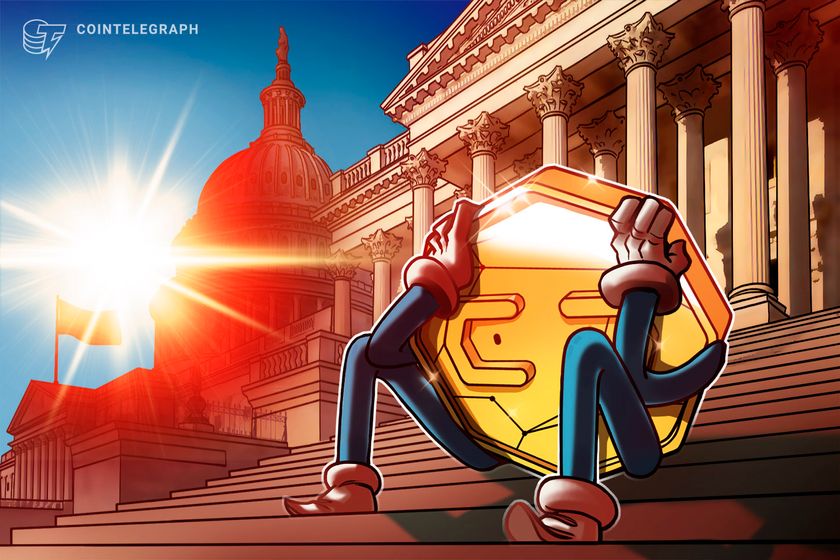Bitcoin’s role as an inflation hedge depends on where one lives — Analyst

For years, inflation was primarily a concern for emerging markets, where volatile currencies and economic instability made rising prices a persistent challenge. However, in the wake of the COVID-19 pandemic, inflation became a global issue. Once-stable economies with historically low inflation were suddenly grappling with soaring costs, prompting investors to rethink how to preserve their wealth.
While gold and real estate have long been hailed as safe-haven assets, Bitcoin’s supporters argue that its fixed supply and decentralized nature make it the ultimate shield against inflation. But does the theory hold up?
The answer may depend largely on where one lives.
Bitcoin advocates emphasize its strict supply limit of 21 million coins as a key advantage in combating inflationary monetary policies. Unlike fiat currencies, which central banks can print in unlimited quantities, Bitcoin’s supply is predetermined by an algorithm, preventing any form of artificial expansion. This scarcity, they argue, makes Bitcoin akin to “digital gold” and a more reliable store of value than traditional government-issued money.
Several companies and even sovereign nations have embraced the idea, adding Bitcoin to their treasuries to hedge against fiat currency risk and inflation. The most notable example is El Salvador, which made global headlines in 2021 by becoming the first country to adopt Bitcoin as legal tender. The government has since been steadily accumulating Bitcoin, making it a key component of its economic strategy. Companies like Strategy in the US and Metaplanet in Japan have followed suit, and now the United States is in the process of establishing its own Strategic Bitcoin Reserve.
A Bitcoin investment strategy has paid off so far
So far, the corporate and government Bitcoin investment strategy has paid off as BTC outperformed the S&P 500 and gold futures since the early 2020s before inflation surged in the United States.
More recently, however, that strong performance has shown signs of moderation. Bitcoin remains a strong performer over the past 12 months, and while BTC’s gains outpace consumer inflation, economists caution that past performance is no guarantee of future results. Indeed, some studies suggest a correlation between cryptocurrency returns and changes in inflation expectations is far from consistent over time.






